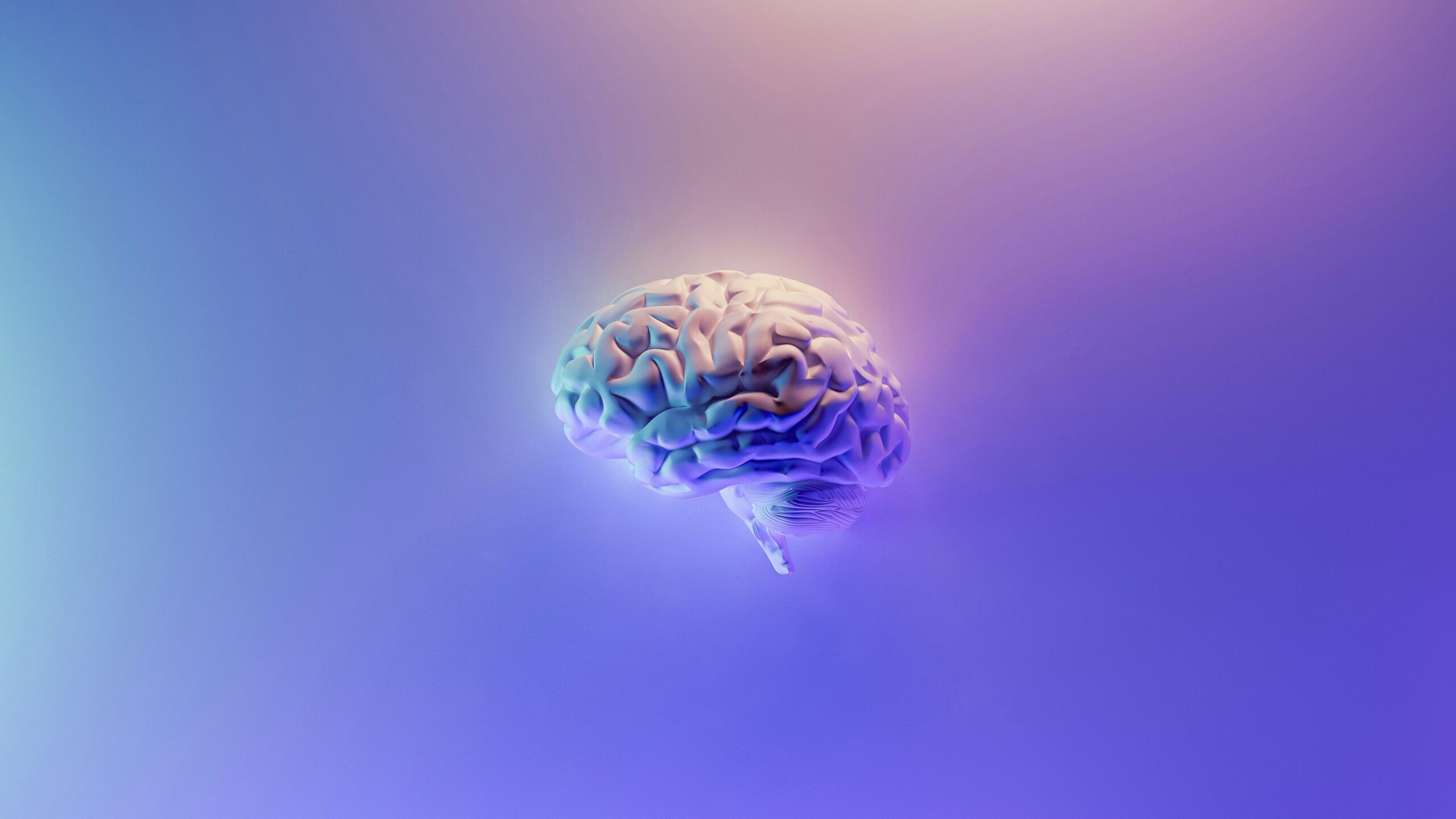ChatGPT and similar AI-driven tools have revolutionized the way we access information, solve problems, and interact with technology. While the benefits of such advancements are undeniable, there is a growing concern among psychologists, educators, and neuroscientists about the potential long-term effects on our cognitive abilities. Particularly, the convenience offered by tools like ChatGPT may inadvertently harm our brain’s problem-solving efficiency and shorten our attention span. Here’s a closer look at these concerns.
The Convenience Paradox
One of the key advantages of ChatGPT is its ability to provide instant answers and solutions. However, this very convenience can hinder the brain’s natural problem-solving process. Problem-solving requires mental effort, creativity, and persistence. When faced with challenges, the brain engages in critical thinking, logical analysis, and iterative learning—skills that are honed through practice over time. By outsourcing these tasks to AI, individuals may miss out on opportunities to exercise and strengthen these cognitive abilities.
Studies have shown that regular mental challenges, such as solving puzzles or learning new skills, improve neuroplasticity—the brain’s ability to adapt and grow. By constantly relying on AI to do the heavy lifting, users risk reducing their mental resilience and creativity, which are essential for tackling complex problems in real-life scenarios.
Shortening the Attention Span
Another significant concern is the potential impact on attention span. ChatGPT operates in a fast-paced, instant-gratification environment. Users can pose a question and receive an immediate response, bypassing the need for deeper engagement with the topic. This mirrors the effects of social media and other instant-reward technologies, which have been shown to reduce our capacity to focus for extended periods.
The brain’s attention system thrives on tasks that require sustained focus. When individuals switch too frequently between tasks or rely on quick answers, they train their brains to seek immediate results, weakening their ability to concentrate on long-term projects or absorb complex information. Over time, this can lead to difficulties in reading lengthy materials, engaging in thoughtful discussions, or solving intricate problems.

Dependency on External Solutions
One of the most concerning aspects of over-reliance on tools like ChatGPT is the potential erosion of self-reliance. Problem-solving often involves trial and error, a process that builds confidence and independence. By turning to AI for every query, individuals may develop a dependency on external solutions rather than trusting their own abilities.
This dependency could have a cascading effect, particularly among younger users who are still developing foundational cognitive skills. Without regular practice in critical thinking and self-guided learning, these individuals may struggle to navigate challenges independently, affecting their academic, professional, and personal growth.
How to Mitigate the Risks of ChatGPT on Brain Efficiency
While the potential drawbacks of AI tools are concerning, it is important to acknowledge that these effects are not inevitable. By adopting mindful usage habits, individuals can leverage the benefits of ChatGPT without compromising their cognitive health:
- Limit Usage for Simple Tasks: Use AI for repetitive or mundane tasks, but tackle more complex problems independently to strengthen your problem-solving skills.
- Practice Critical Thinking: Before asking ChatGPT for answers, try to formulate your own solutions or conduct research to engage your brain.
- Set Focus Time: Allocate specific periods for deep work, free from distractions, to build and maintain your attention span.
- Incorporate Cognitive Exercises: Engage in activities like reading, puzzles, and brainstorming sessions to keep your brain active and resilient.
- Educate and Balance for Younger Users: Encourage students to view AI as a supplementary tool rather than a primary source of knowledge.
Conclusion: Finding Balance in the Age of AI
ChatGPT is a remarkable innovation that can significantly enhance productivity and accessibility to knowledge. However, like any tool, its impact depends on how it is used. To safeguard our brain’s problem-solving efficiency and attention span, it is crucial to strike a balance between leveraging AI’s capabilities and nurturing our inherent cognitive abilities. By doing so, we can ensure that these advancements complement rather than compromise our mental potential.
Key Takeaways on ChatGPT’s Cognitive Impact
- Relying heavily on AI tools can reduce problem-solving efficiency.
- Instant responses may shorten attention spans over time.
- Maintaining cognitive health requires a balance between AI usage and independent thinking.
By being mindful of how we integrate ChatGPT into our daily lives, we can reap its benefits without undermining our mental acuity and focus.
For more interesting content, check out our blog: https://techvibezonline.com


